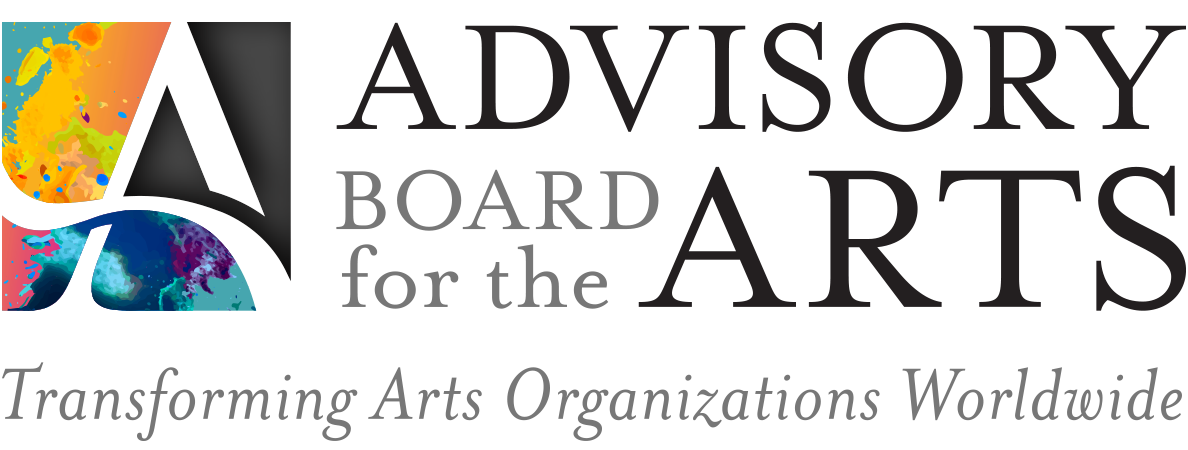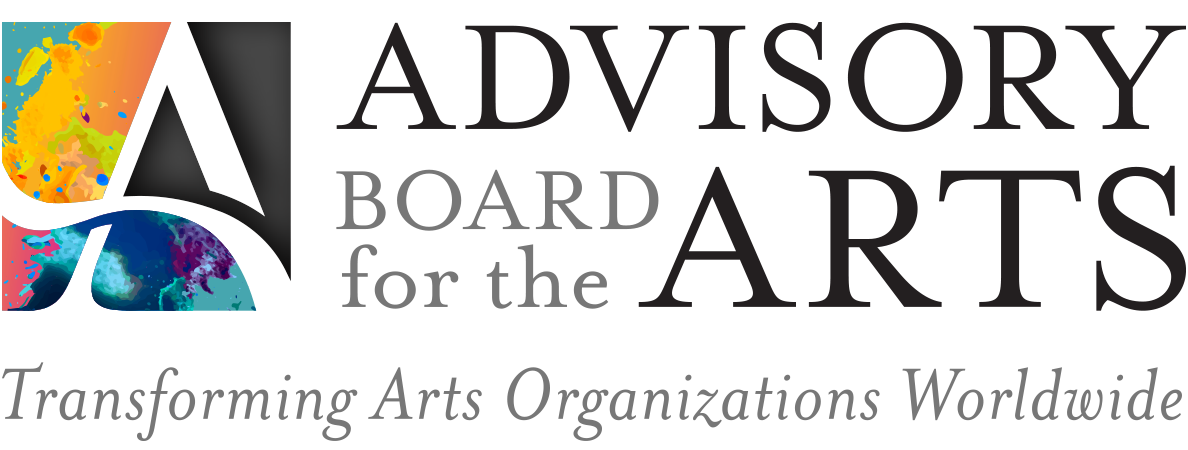Innovation Highlight:
Carnegie Hall Musical Explorers
This is part of a series of deep-dives into innovative education activities created by arts and culture organizations. See also our review of Van Gogh at Home
Carnegie Hall’s Musical Explorers is a digital program designed to help children grades K-2 learn about diverse musical communities and build fundamental music skills through listening, singing, and moving to songs from all over the world. There are six programs total for children, teachers and parents to explore, each offering structured lessons that teach songs from different parts of the world. Below we highlight the four ways Musical Explorers at Home provides standout value to students and educators.
Personal Connection to the Artists
Artists are true partners in the Musical Explorers program. Each song is taught from the perspective of an artist from the featured community. The lessons include the personal background of the artists through introductory videos or profile and Q&A documents in downloadable PDFs. The artists’ introductions show exciting foods, toys, or places referenced in their interview questions.
Click through to get to know Gregorio, one of the many artists in Musical Explorers.
The introductory videos also provide a personal connection to the song itself. Each artist explains why the song is meaningful to them. For example, Imani learned African American Spiritual music in church with her grandmother, which led to her love of Freedom Songs. Fabiana listened to her mother playing the organ coupled with the excitement of Carnival in Brazil, taught her to cherish Brazilian music and dance.
Emphasis on Diversity
Click above to watch a concert with artists from Appalachia, China, and Iraq all performing together.
The resources provided by Musical Explorers allow young children to learn geography and interconnectedness of music forms from a young age. For example, the Soul Science Lab singers are based out of New York City, but if a student clicks on their icon on the interactive map (top of the page), they will find that their music takes inspiration from West Africa, Trinidad, and Jamaica. For each program, Carnegie Hall gives kids the chance to watch and participate in a virtual concert combining all of the singers.
Opportunities for Hands-on Participation
The Musical Explorers program began as an in-school curriculum, and continues to provide plenty of opportunity for hands-on learning in its digital form. Each of the six programs has a mix of ways to learn. Musical styles and techniques are taught through video, sheet music, and teacher-led exercises. These activities are followed by creative and literacy “extensions,” where students can find related books and complete small projects that expand on the themes of the lesson – from learning Georgian vocabulary to exploring the structure of a Malian string instrument.
For the most curious learners, the Core Activities section provides a wealth of activities to complement the entire program, including body warm-ups and musical scavenger hunts. With this variety of offerings, Musical Explorers makes sure to create an opportunity for every student to find meaning within the world’s music.
Built with Teachers and Families in Mind
The design of the curriculum is tailored to the needs of teachers. In each program, educators receive specific professional development along with the learning resources. Teachers who complete the videos receive a Certificate of Completion from Carnegie Hall’s Weill Music Institute. The program also emphasizes connection, with opportunities for educators to attend seminars and join Facebook groups to connect and share.
This year, the Carnegie Hall team redesigned the Musical Explorers website to increase accessibility for teachers working virtually and for parents looking for tools to support their children’s at-home education. There are different pathways based on the amount of time available to dedicate to musical exploration, and options for students with special needs. Finally, Carnegie Hall provides an in-depth guide of how to maximize the culminating digital concert experience for this new online format.
The Carnegie Hall Musical Explorers program and other at-home educational resources in the arts are highlighted in our Education Innovation Showcase.





